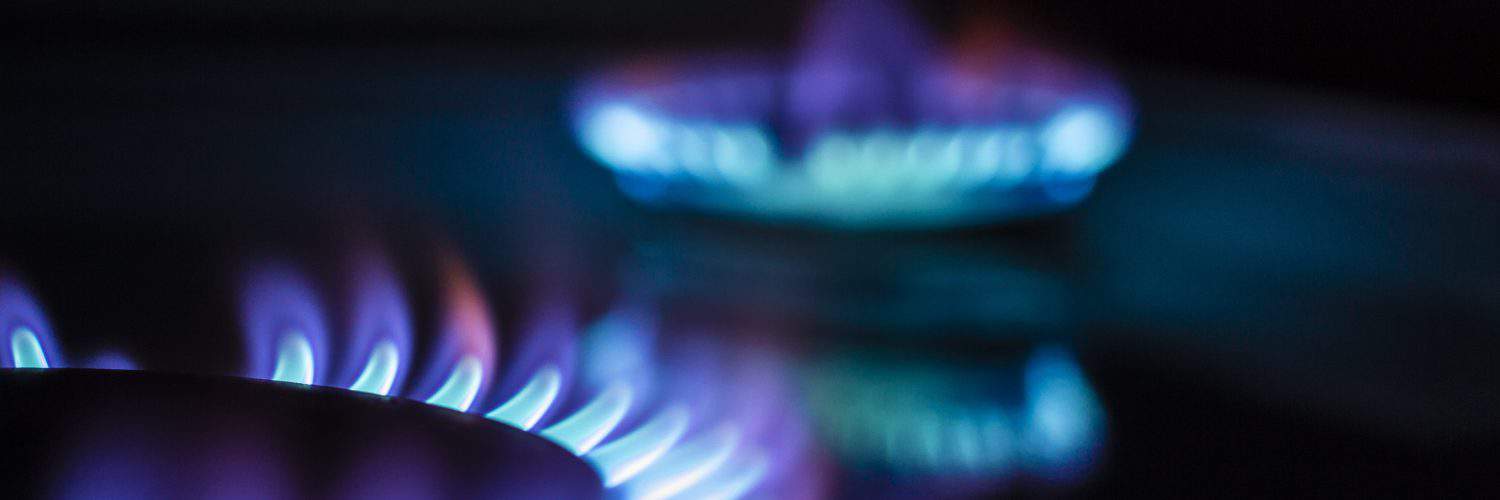The EIA estimated working gas storage was 2,519 Bcf for the week ending August 12th, following an overall injection of 18 Bcf. The bullish build was below market expectations averaging 33 Bcf and significantly less than the five-year average injection of 47 Bcf. Storage levels are now 10.5% below year-ago levels and, relative to the five-year average, 12.7% less. The market is anticipating a build of 63 Bcf for the week ending August 19th. We should see prompt-month market prices drop a little next week, should that materialize, as it is 40% above the five-year average.
In Canada, the August month-to-date AECO 5a spot rate is C$3.82/GJ, while the month-to-date Dawn Next Day weighted average index rate is currently C$9.67/GJ. August spot market prices at AECO have fallen and continue to fluctuate daily as planned maintenance on the NOVA Gas Transmission Ltd. (NGTL) system and an unplanned event on Gas Transmission Northwest (GTN) has impacted transport capacity. Prompt-month futures for AECO are trading at C$5.76/GJ, while Dawn is trading at C$10.72/GJ. Prices have risen, with week-over-week increases of $0.63/GJ and $1.03/GJ at AECO and Dawn, respectively. Point Logic reports Canadian natural gas storage for the week ending August 12th was sitting at 504 Bcf, after an overall injection of 22 Bcf. Eastern Canadian storage had an injection of 11 Bcf, and Western Canadian storage had an injection of 11 Bcf. The storage deficit is narrowing, with storage inventories 12% below the 5-year average and 6% below storage levels last year at this time. Canadian storage is 58% full, with Eastern storage levels now at 72% of capacity and Western storage 52% full. An injection of 20 Bcf is expected for the week ending tomorrow.
In other news, on Tuesday US President Biden signed the US$374 billion Inflation Reduction Act (IRA), which was passed by Vice President Kamala Harris in the U.S. Senate earlier this month after her vote broke the 50/50 tied vote. Even some normally harsh critics are impressed by the Act’s emissions-reducing incentive program, as it features zero cost or taxes on carbon – “all carrots, no sticks”, as it were. The Act serves to offer behaviour-changing incentives for clean-energy manufacturing, electric-vehicle credits and consumer energy perks for at least ten years with the aim of fostering confidence in the stability of the program, regardless of whether the Democrats or Republicans hold office. The Act has been in the making for years and follows the failed $2 trillion Build Back Better Act which was voted down in January of this year. The Canadian automotive and mining industries also regard the signing of the IRA as a win; they lobbied hard to ensure the EV credits applied to all North American-made electric batteries and vehicles, per the United States-Mexico-Canada Agreement (USMCA, which replaced the NAFTA in 2020).
– Karyn Morrison, Energy Advisor / Grace Wilton, Senior Energy Advisor








Add comment